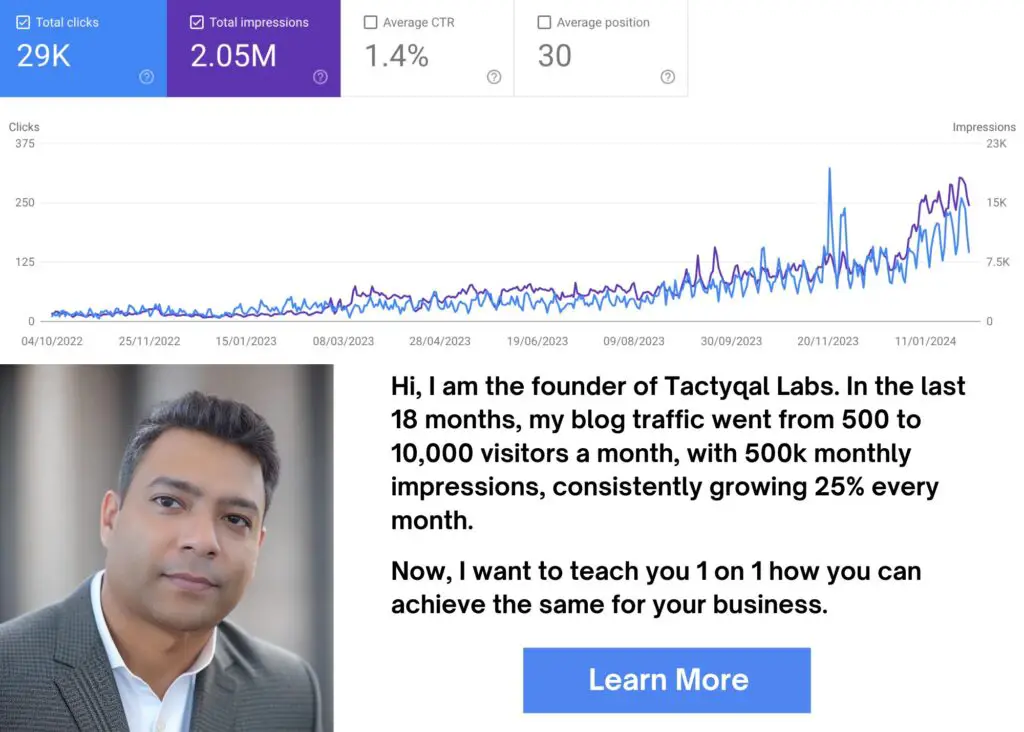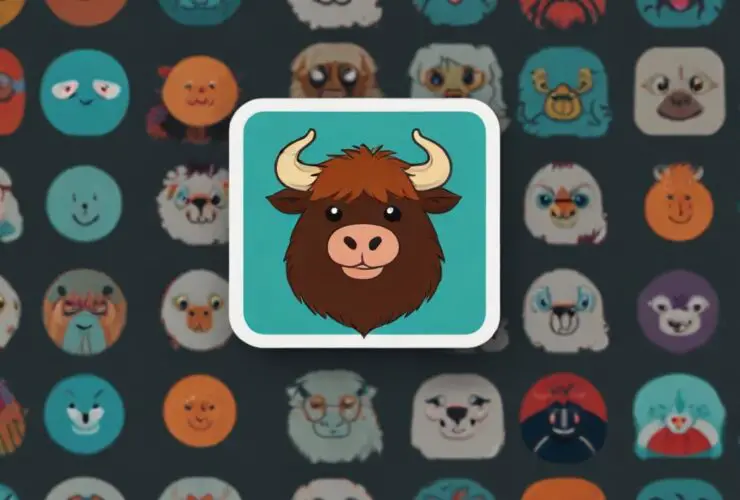25 entrepreneurs who failed before becoming successful
Everyone fails. Even the most successful entrepreneurs have failed many times before achieving success.
We don’t hear about the failures in the media because failure is not as attractive as a success. It’s not something that people want to hear about so that’s why there is very little media coverage for the people who failed.
If you are a startup founder, aspiring entrepreneur, or running a business, take some of our assessments to help you build a successful startup business.
Now, let’s look at 25 entrepreneurs and some of the failed projects you probably not have heard of.
- Bill Gates – We all know what Bill Gates has accomplished with Microsoft, but did you know that before Microsoft he had started a company called Traf-O-Data which didn’t go far. Although that project was a failure, it was the learning he acquired that paved the way for him to successfully create Microsoft.
- Sir Richard Branson – You’ve probably heard of Virgin Atlantic, Virgin Records, Virgin Mobile, but have you heard of Virgin Cola or Virgin Vodka? These were some of Sir Richard Branson’s previous failed companies before succeeding with the Virgin brand.
- Evan Williams – Before his success with co-founding Twitter, he started a podcast platform called ‘Odeo’. The platform didn’t take off because Apple released the podcast section of iTunes. Odeo folded shortly after.
- Colonel Sanders – Colonel Sanders founded KFC or “Kentucky Fried Chicken” in 1952 when he was 56 years old. His recipe was rejected many times before a restaurant picked it up. KFC is currently the world’s second-largest restaurant chain.
- Steve Jobs – Steve Jobs was fired in the ’80s from Apple, the company he built. At Apple, he created products like the Apple 1 and Lisa which failed, resulting in losing millions of dollars and many people lost their jobs including Jobs. He then founded NeXT computers which got acquired by Apple. Jobs eventually found his way back to Apple in 1997 and led the company through innovative products like the iPod, iPhone and, the iTunes ecosystem.
- Thomas Edison – It was reported that he tried more than 9,000 experiments before he was successful with the first light bulb. With a strong dedication and ability to learn from the past, he was able to create some of the most important inventions of our time.
- Sara Blakely – Sara Blakely is the founder and owner of Spanx which sells undergarments in over 50 countries. Originally, Sara wanted to be an attorney until she failed the LSAT test. Before starting Spanx, she was selling fax machines as a door-to-door salesman.
- Sir James Dyson – Sir James burned through his 15 years of savings and test about 5,126 prototypes before succeeding with his vacuum cleaner The Dyson brand became the best-selling bagless vacuum cleaner in the United States worth billions of dollars.
- Walt Disney – Disney was fired by his newspaper editor for apparently “not having good ideas or any imagination?” The person who gave us one of the most imaginary places in the world (Disney World), apparently didn’t have enough imagination for this one newspaper, so they fired him for lacking imagination. His first animation company went bankrupt and it’s known that he was rejected many times when he sought financing for Disney World.
- J K Rowling – She was fired from “Amnesty International” because she kept writing stories on the computer on company time. She landed up broke as a divorced unemployed woman with a child. She sent her manuscript of Harry Potter to twelve different publishers and got rejected by each one before she finally go that deal with Bloomsbury, the publishing company.
- Mark Cuban – Before Cuban became a billionaire he had many failures. He failed at trying to sell powdered milk. He worked as a salesperson for Your Business Software, one of the earliest PC software retailers in Dallas. He was fired less than a year later from the business.
- Soichiro Honda – Honda initially applied for a job at Toyota as an engineer, but didn’t get the job. Being jobless, he started building scooters at home and sold them to his neighbors. With the support of his family, he founded Honda, the world’s largest motorcycle manufacturer and one of the most profitable automakers.
- Henry Ford – Ford’s first two car companies failed and left him broke. But that didn’t stop him from building Ford Motor Company and become the first person to apply assembly line production for cars. He transformed the automobile industry.
- Vera Wang – Vera Wang, the renowned fashion designer, failed many times before becoming a success. Once a figure skater, she failed to make it to the US Olympic figure skating team. She, later on, went to work with Vogue where she was turned down for an editor-in-chief role. She then moved to become a designer.
- Jack Ma – Jack Ma, the founder of Alibaba Group, is probably one of the greatest examples of success through failure. He failed a couple of times in primary & middle school and university. Out of the 24 people who applied for a job at KFC, Ma was the only one to get rejected. He applied to Harvard 10 times and got rejected.
- Fred Smith – Fred Smith, the founder of FedEx while studying at Yale University, presented a business idea to his business management class that received a nearly failing grade. The idea was for a parcel service that could deliver packages overnight. Smith ignored the grade and founded FedEx later.
- Akiro Morita – Morita co-founded Sony, a multi-billion dollar company. However, in the early days of Sony, Morita’s products weren’t as popular or well known as they are today. The first product was a rice cooker that ended up burning the rice.
- Reid Hoffman – Reid Hoffman is known for founding Linkedin and investing in big startups like Paypal and Airbnb. However, before founding Linkedin, he founded SocialNet, a dating and social networking site that ultimately failed.
- Milton Hershey – Milton Hershey is the man behind Hershey’s chocolate. Before Hershey founded Lancaster Caramel and Hershey’s, he tried to start three different candy companies, all of which failed.
- Larry Ellison – Ellison’s company, Oracle, has had its moments of ups and downs. After Ellison dropped out of college, he worked as a coder for eight years. He then co-founded the company with his former boss. But Oracle struggled for years before making it big. Ellison even had to mortgage his house to obtain credit to keep the business alive during that time.
- Peter Thiel – Thiel failed about as big as anyone could ever fail. Before starting Paypal and investing in companies like Facebook, he started Clarium Capital, an early hedge fund he co-founded, which lost ninety percent of its$7 billion dollars in assets.
- Arianna Huffington – Arianna Huffington is known for The Huffington Post. Before launching The Huffington Post, Arianna Huffington had trouble getting people to read her work. She had published 2 books and was rejected by 36 publishers before she found a publisher.
- Warren Buffett – Warren Buffet was rejected by Harvard Business School. Berkshire Hathaway was also an early failure that later developed into the multi-billion dollar company it is today.
- Nick Woodman – Nick Woodman is known as the creator of the GoPro. but before that, he founded two companies, both of which failed. While venturing off on a surfing tour, the idea of the GoPro came to his head.
- Bernie Marcus & Arthur Blank – Before founding The Home Depot, Marcus and Blank were fired from Handy Dan, a California-based home center chain.
To conclude, success only comes from experiments. The more you fail, the better you become. The better you become, the better the chances of success in the next experiment. If you want to be successful, you have to be ready to fail.
Frequently Asked Questions (FAQ) – The Importance of Failure in Entrepreneurship
Q: Why don’t we hear about the failures of successful entrepreneurs in the media? A: Failures are not as attractive as success, so the media tends to focus on the achievements rather than the setbacks. Failures are a natural part of the entrepreneurial journey and can provide valuable lessons and insights.
Q: Why is it important to know about the failures of successful entrepreneurs? A: Learning about the failures of successful entrepreneurs helps us understand that even the most accomplished individuals have faced setbacks. It reinforces the idea that failure is not a final destination but rather a stepping stone towards success. These stories inspire resilience and encourage aspiring entrepreneurs to persist in the face of challenges.
Q: Who are some examples of successful entrepreneurs who experienced failure before achieving success? A: Here are a few notable examples:
- Bill Gates: Before Microsoft, he had a failed venture called Traf-O-Data.
- Sir Richard Branson: He had unsuccessful ventures like Virgin Cola and Virgin Vodka before establishing successful brands like Virgin Atlantic and Virgin Records.
- Evan Williams: He started a failed podcast platform called ‘Odeo’ before co-founding Twitter.
- Colonel Sanders: His recipe for KFC was rejected multiple times before finding success.
- Steve Jobs: He faced failures with Apple’s Apple 1 and Lisa, leading to his departure from the company, but later returned and revolutionized the tech industry.
Q: How did failures contribute to the success of these entrepreneurs? A: Failures often provide valuable lessons and insights that can be applied to future endeavors. Entrepreneurs learn from their mistakes, adapt their strategies, and develop resilience, ultimately increasing their chances of success in subsequent ventures. Failure can serve as a catalyst for growth and innovation.
Q: Can you provide examples of other successful entrepreneurs who faced failures? A: Certainly! Here are a few more examples:
- Thomas Edison: He conducted thousands of experiments before successfully inventing the light bulb.
- J.K. Rowling: She faced rejection from multiple publishers before finding success with the Harry Potter series.
- Walt Disney: He experienced bankruptcy and multiple rejections before creating the magical world of Disney.
- Mark Cuban: He had various failures before becoming a billionaire, including a failed attempt to sell powdered milk.
- Jack Ma: He encountered multiple failures, including being rejected by KFC and Harvard, before founding Alibaba Group.
Q: How did these entrepreneurs overcome their failures and achieve success? A: These entrepreneurs overcame their failures through perseverance, learning from their mistakes, and adapting their approaches. They embraced failure as an opportunity to grow and used their experiences to fuel their determination. They continued to innovate, take calculated risks, and eventually found success in their respective fields.
Q: What can aspiring entrepreneurs learn from these stories? A: Aspiring entrepreneurs can learn that failure is not the end but rather a stepping stone towards success. They should embrace failure as an opportunity to learn, adapt, and improve. Persistence, resilience, and a willingness to take risks are crucial qualities to develop. The key is to keep experimenting, learn from failures, and keep moving forward in pursuit of their goals.
Q: How does failure contribute to personal and professional growth? A: Failure provides valuable lessons and experiences that help individuals grow personally and professionally. It builds resilience, character, and problem-solving skills. Failure encourages individuals to think creatively, learn from mistakes, and develop strategies for improvement. It also fosters humility and a willingness to seek help and advice from others.
Q: What is the main message conveyed by these examples of entrepreneurial failures? A: The main message is that failure is a natural part of the entrepreneurial journey. It is through failure that entrepreneurs learn, grow, and eventually achieve success. These examples emphasize the importance of persistence, resilience, and the ability to learn from mistakes. They showcase that even highly successful individuals have faced significant setbacks along the way. The key takeaway is that failure should not be feared but embraced as a valuable learning experience on the path to success. By being open to failure and continuously adapting and improving, aspiring entrepreneurs increase their chances of achieving their goals.















